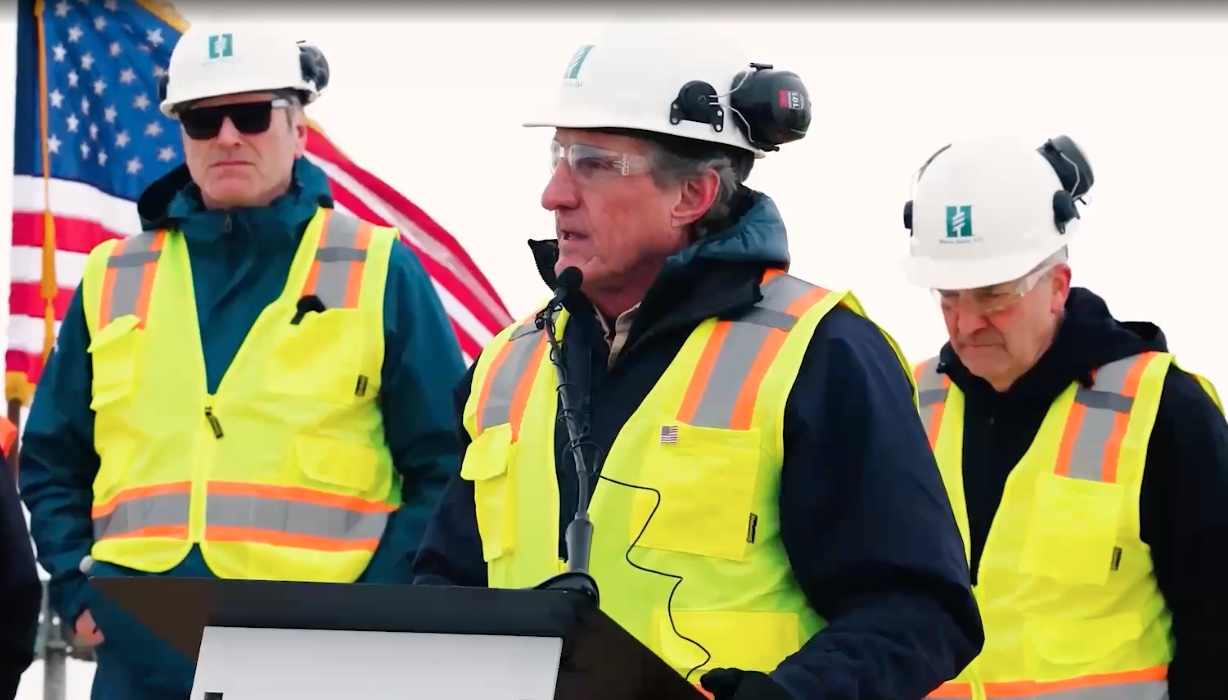The Department of the Interior announced Tuesday that it is proposing to rescind the Bureau of Land Management’s Public Lands Rule, a step officials say will restore the agency’s traditional multiple-use mandate and ease concerns from energy, agricultural, and recreation stakeholders across the West.
The move aligns with Secretary Doug Burgum’s pledge to “restore balance” in federal land management by prioritizing multiple-use access, empowering local decision-making, and supporting responsible energy development, ranching, grazing, timber production, and recreation.
The Public Lands Rule, finalized in 2024 under the Biden administration, elevated “conservation” to the same legal footing as grazing, energy development, timber, and recreation on BLM lands. Critics argued that the change effectively meant “no use,” sidelining traditional industries and limiting access to millions of acres of federal land.
“The previous administration’s Public Lands Rule had the potential to block access to hundreds of thousands of acres of multiple-use land – preventing energy and mineral production, timber management, grazing and recreation across the West,” said Burgum. “The most effective caretakers of our federal lands are those whose livelihoods rely on its well-being. Overturning this rule protects our American way of life and gives our communities a voice in the land that they depend on.”
Rural communities across the country depend on public lands for agriculture, energy production, and recreation. Industry leaders and local governments warned that the 2024 rule created regulatory uncertainty, invited litigation risks, and undermined BLM’s congressional mandate to manage lands for multiple uses.
Interior officials said rescinding the rule will return more authority to states, counties, and tribes directly impacted by federal land decisions, while also reducing permitting delays for energy and mining projects. The rollback is also consistent with Secretary’s Order 3418, “Unleashing American Energy,” which calls for eliminating unnecessary barriers to domestic energy development.
From the date the proposal is published in the Federal Register, the public will have 60 days to comment before Interior issues a final decision.
Bondi warns public schools: Parents’ rights come first
Will The Last Sane Person To Leave The Dept Of Interior Please Shut Off The Lights?
